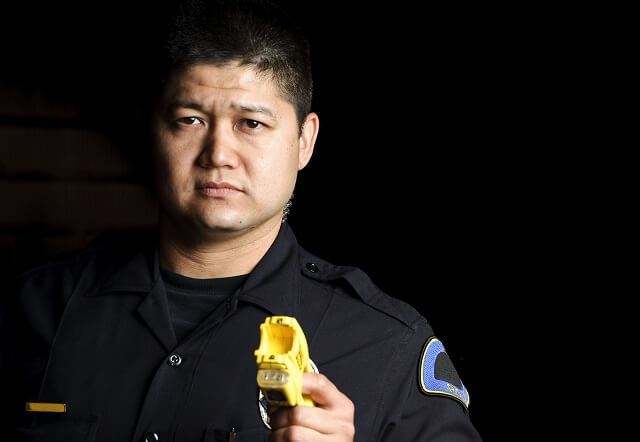
The following blog article was updated in January 2022.
After an unpleasant confrontation with law enforcement, you may feel tempted to file a lawsuit or complaint. However, a bad experience with law enforcement does not necessarily mean you are the victim of misconduct or that the officer has harmed you in any way.
However, when an arrest seems unwarranted, unfair, or you were treated abusively, you may have a case against that officer or the police department. Suing law enforcement for any abuse or violations of their power is not easy; therefore, you must speak with an attorney immediately if you think that you are the victim of misconduct.
It is possible to sue the police for misconduct and abuse if you are aware of the allowances provided by the law and the limitations too.
What is Police Brutality?
Police brutality and abuse happen when an officer uses more force than necessary. For example, an officer uses unnecessary force to apprehend a suspect or uses humiliation to control a suspect. An infamous case is that of Monroe v. Pape, where the officers forced a family to stand naked in their living room while they searched their home for evidence.
Can You Sue for Police Brutality?
Today, law enforcement is told that they can use force as necessary to complete their job. This is overseen with a broad level of discretion. After all, what one officer feels is necessary another may not. However, using that discretion allows police officers to quickly apprehend a suspect and prevent harm from those around.
Brutality happens when someone is apprehended with unnecessary force.
What Constitutes Unnecessary Force?
Certain factors are used to determine if unnecessary force was used in an arrest or apprehension. These factors include:
- The severity of the crime. First, the courts look at the severity of the alleged offense. If the suspect might endanger the lives of citizens nearby, officers can use excessive force to stop that suspect and prevent injury to the public. For example, an officer that shoots a person who just murdered a civilian and is in possession of the weapon is not committing brutality. If, however, they shot an unarmed person that was a person of interest and not a suspect, then they could be guilty of brutality.
- If the suspect was resisting arrest. If the suspect resists arrest, or they are fleeing the scene of the crime when asked to stop, then officers may use more force to stop that suspect.
- If the suspect poses a serious threat to officers or other civilians. The bottom line, police officers are there to protect and serve. Therefore, if they feel that the suspect poses a threat to the safety of others or officers at the scene, they can use excessive force. However, an officer using excessive force to break up a peaceful disturbance (such as a protest) is not necessary.
Explore Your Options by Speaking with a Trusted Attorney
If you suspect that you are the victim of police brutality, contact an attorney to set up a consultation. These types of claims span across personal injury and civil rights; therefore, you need an attorney that has experience handling brutality and injury claims such as this.
For your case, contact Brett McCandlis Brown & Conner, PLLC today. Schedule your free consultation at 800-925-1875 or request an appointment online.


